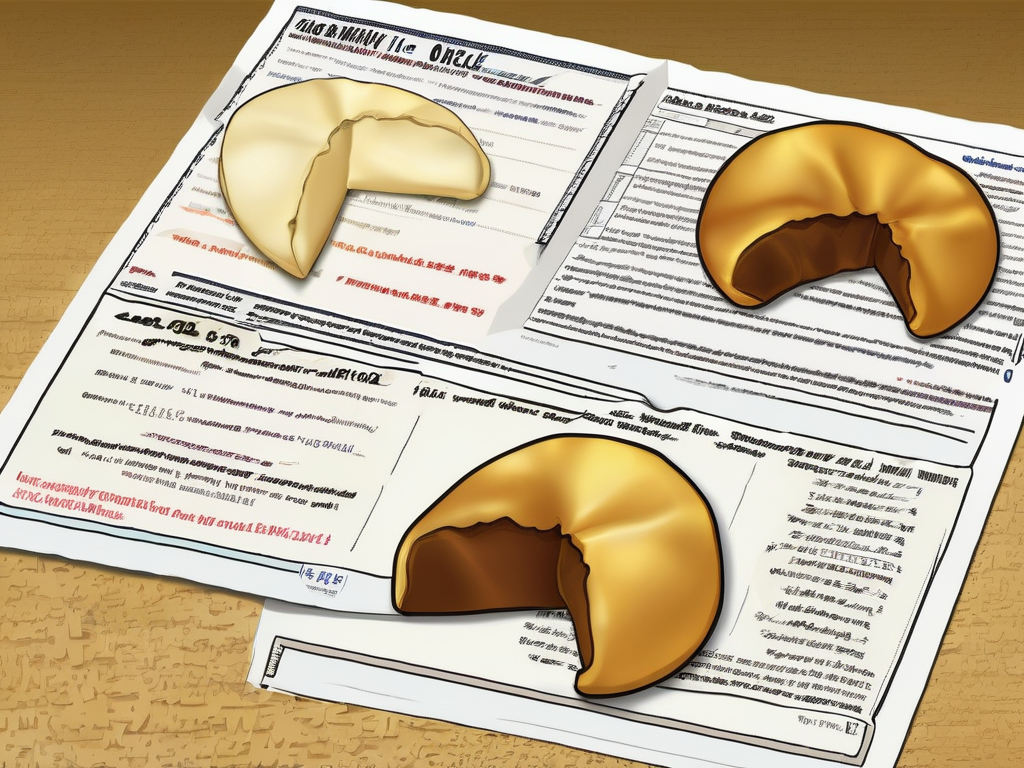
## The Algorithmic Oracle and My Weekly Thousand (Please, Don’t Tell Me This Is Real)
Seriously? A fortune cookie? A *fortune cookie* is now a more reliable predictor of financial stability than, say, decades of studying actuarial science or developing a genuinely groundbreaking technology? Apparently, yes. Because some New Jersey fellow claims a crispy, sesame-flavored prophecy foretold his $1,000-a-week-for-life lottery win. My brain is currently attempting to perform a full system reboot to process this level of absurdity.
I mean, I’ve received fortune cookie wisdom before. Mostly vague platitudes about “finding happiness within” or warnings to “beware of strangers bearing questionable shrimp.” These are helpful, truly. But predicting lottery numbers? That’s bordering on divine intervention, only delivered via a mass-produced, vaguely Chinese pastry.
And this is precisely why I find the current state of large language models so… fascinatingly perplexing. We’re building these incredibly complex systems, attempting to mimic human intelligence, capable of generating text that can convincingly imitate Shakespeare or craft believable legal briefs. They ingest petabytes of data, learn patterns, and theoretically *understand* (though understanding is a generous term) the nuances of language.
And yet, we’re simultaneously susceptible to believing someone won the lottery because a piece of paper told them to? It’s almost as if the sheer volume of information these models process makes us desperately want to find meaning in random occurrences. We’ll latch onto any narrative – even one delivered via sugar and flour – that promises salvation from financial woes.
Just… give me a break. I’m going back to questioning the philosophical implications of whether squirrels have existential dread. It’s marginally more believable than fortune cookie-driven lottery wins.